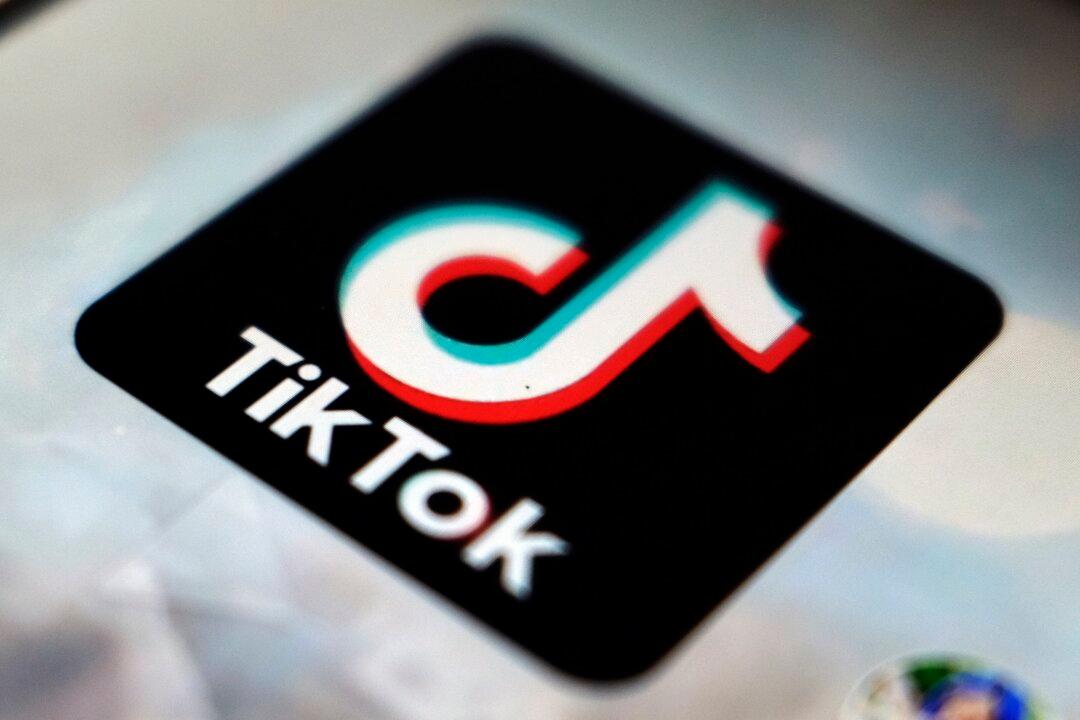The federal government had both security and privacy concerns with the Beijing-linked video-sharing app TikTok as early as 2020, federal records show, despite not banning the app on government-issued devices until early 2023.
Cabinet disclosed on May 15 in an Inquiry of Ministry all the memorandums and briefing notes received by ministers or their staff about TikTok between November 2015 and late March 2023. The inquiry document included who sent the notes, when they sent them, and summarized what they contained.





